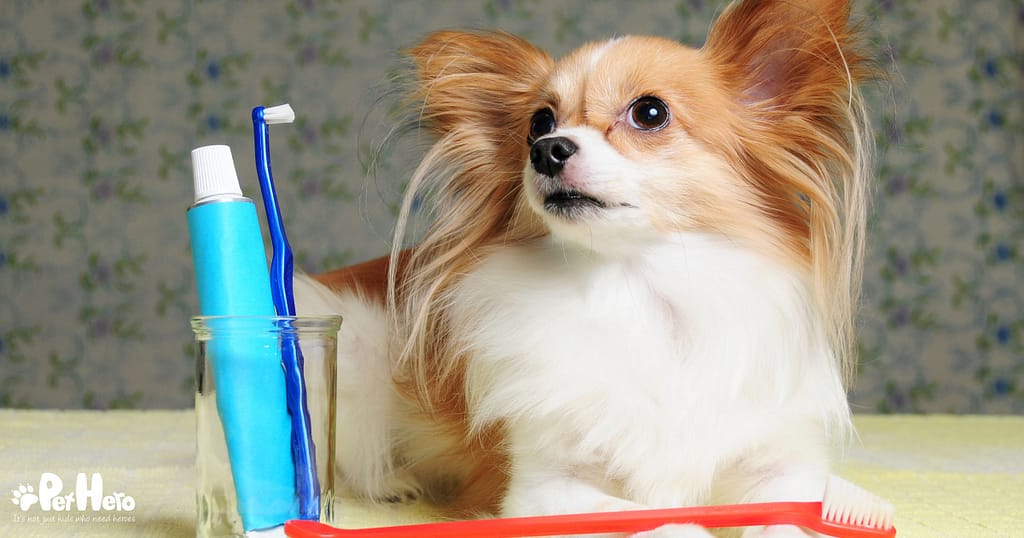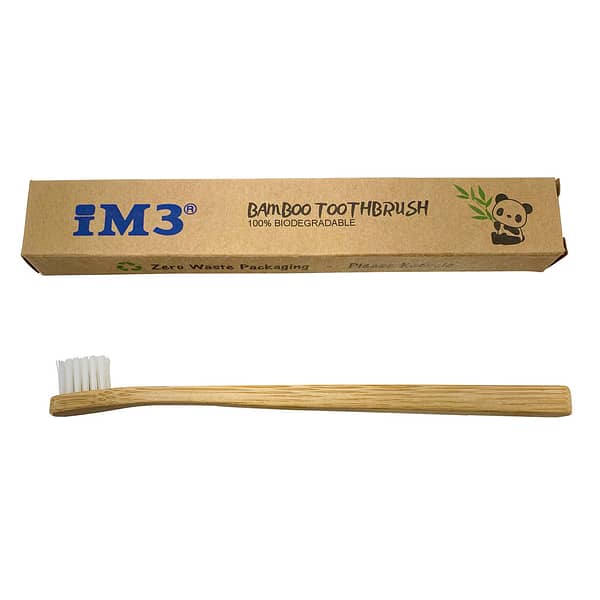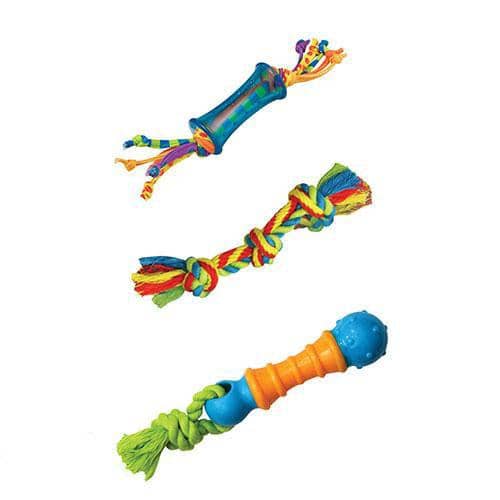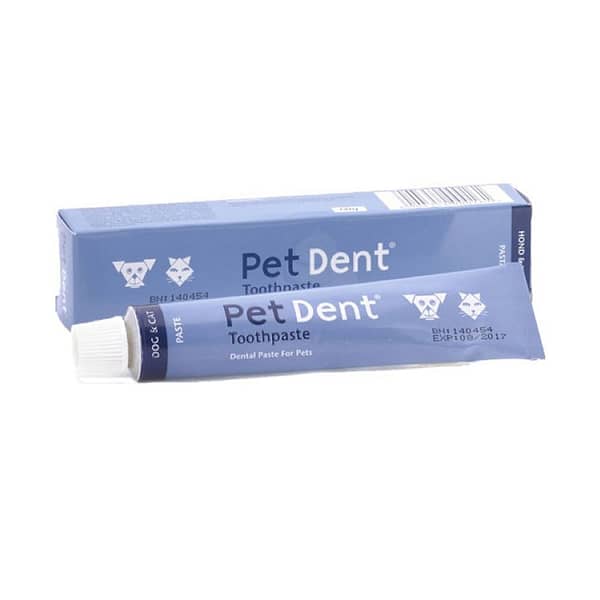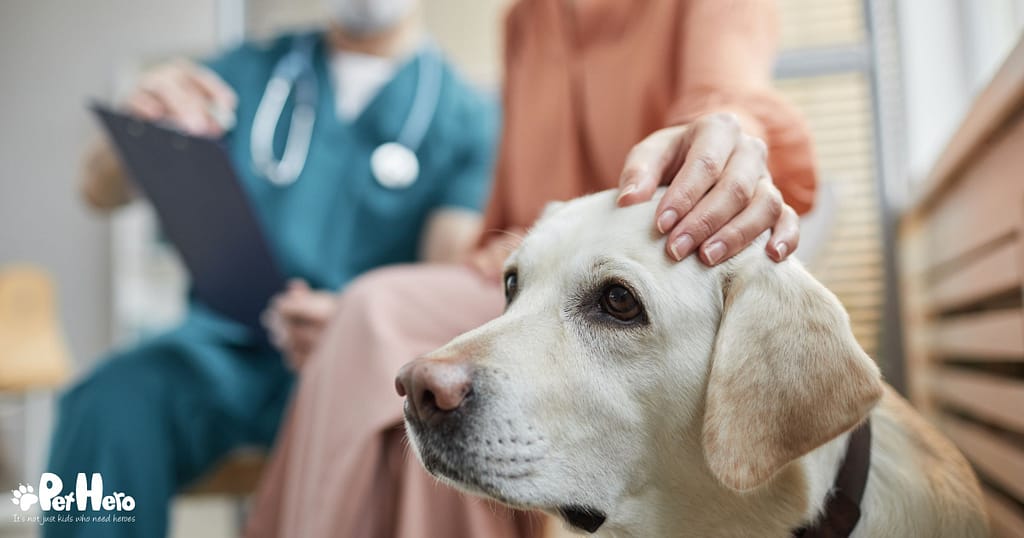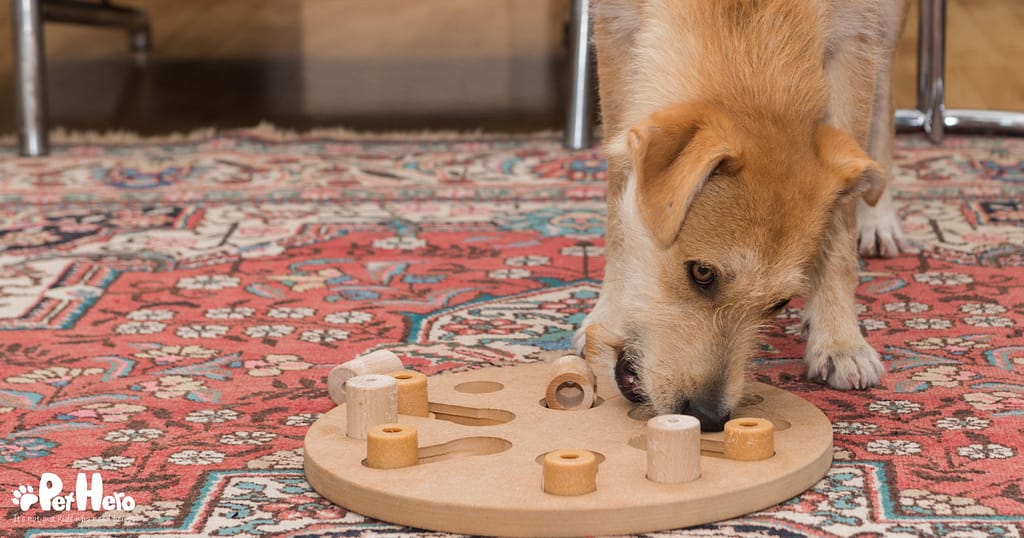For hundreds of years, small dog breeds have found their way into the hearts of pet owners around the world. There’s just something impawsibly adorable about small four-legged friends. In our series of Common health problems in dogs, we now take a look at the health problems that are most common in small breed dogs, and why.
Are small dogs healthier than large dogs?
There are some dog health problems that are more prevalent in small breed dogs or large breed dogs specifically because of their size. In small dogs, these issues may simply be because they live longer than large breed dogs, or because their physical proportions or body fat ratio make them more prone to certain types of problems.
In large breed dogs, for example, their sheer physical weight may affect their skeletal structure, making them more susceptible to orthopaedic problems – which is not a problem encountered by smaller breeds. It’s not to say small dogs don’t experience orthopaedic issues; just that they emerge for different reasons.
Common small dog breed health problems
The small dog breed category consists of dogs weighing approximately 6 – 11 kg. Dogs weighing less than six kilograms are considered ‘miniature’ or ‘toy’ sizes, but for the purposes of this article, we’ll include them in the ‘small dog breed’ category.
Most modern small breed dogs were bred down from standard sized dogs – with breeders selecting the smallest specimens from litters and breeding them to intentionally develop a smaller dog. The toy poodle is a good example of this. Some small breeds such as the Pomeranian and the Chihuahua, however, are the result of a natural genetic mutation. Whether breeding was natural or selective, many diminutive breeds will be predisposed to these small dog health issues:
Luxating patella in small breed dogs
Patellar luxation or luxating patella refers to the kneecap (patella) that slips out of the femoral groove when the knee is extended, essentially dislocating the knee. In mild cases, the kneecap moves back into the groove easily and does not need correction or medical intervention. In more severe cases, however, the kneecap dislocates permanently and needs surgical correction.
This is a genetic condition that causes the dog to ‘skip’ for a few steps before walking or running normally again (indicative of a slipped knee that rights itself). The more overweight a dog is, the more they will be affected by patellar luxation, as their weight places more pressure on the knee joint.
Breeds most affected by patellar luxation: Yorkie, Jack Russell terrier, Pomeranian, Pekingese, Chihuahua, Boston terrier, pug, toy poodle, French bulldog, Lhasa apso, bichon frisé, Maltese, Westie, shih tzu, among others.
Tracheal collapse in small breed dogs
The trachea (windpipe) is made up of a series of cartilage rings connected by thin membranes. In small breed dogs, this cartilage can be genetically weakened, which can collapse the trachea when the dog inhales. This causes a ‘goose-honk’ sound or a cough when the dog is panting. Tracheal collapse is progressive, worsening over time, so it is most common in older small dogs. It can be exacerbated by wearing a collar instead of a harness, especially if the dog is a keen leash-puller.
If your small dog develops a cough – especially when excited, stressed, on a walk, or at night – it’s crucial to get a veterinary diagnosis. There are a number of treatment options for tracheal collapse, depending on how far it has progressed.
Breeds most affected by tracheal collapse: toy poodle, Yorkshire terrier, Pomeranian, pug.
Hypoglycaemia in small breed dogs
Young small breed dogs are most susceptible to hypoglycaemia: a rapid drop in blood sugar. This is exacerbated in dogs with low body fat that are quite energetic. They quickly metabolise and use up the glycogen (stored energy) and glucose in their bodies. This sudden drop in blood sugar is very dangerous because it can cause the dog to pass out. They will show other symptoms such as trembling, disorientation, weakness, and even seizures, so it’s important that these are taken very seriously and addressed before the onset of fainting. Owners are encouraged to feed small-breed puppies frequently throughout the day, rather than feeding them one big meal, once a day.
If you think your small-breed puppy may have hypoglycaemia, rub some honey or syrup on her lips and gums, and call the vet immediately. Puppies most susceptible to hypoglycaemia include low fat to bodyweight ratio dogs like miniature pinchers, Italian greyhounds, basenji, Chihuahuas, and Chinese crested dogs.
Intervertebral disc disease (IVDD) in small breed dogs
Any size dog can get IVDD, but small breed dogs are most susceptible due to their selective breeding. IVDD is a progressive disease in which the cushioning or discs between the vertebrae (spinal bones) rupture and shift. These shifts cause nerve compression, which is extremely painful and can even lead to paralysis. It’s most prevalent in small breed dogs that are bred using the genetics for dwarfism to give them short legs and a low-slung stature. The disease symptoms are exacerbated when these dogs jump up or down from furniture and excessive force is placed on their spines.
The small dogs most at risk of developing IVDD include: dachshund, French bulldog, Lhasa apso, Pekingese, shih tzu, corgi.
Mitral valve disease in small breed dogs
The mitral heart valve is the one-way valve on the left side of the heart between the left chamber and left atrium, which prevents pumped oxygenated blood from flowing back into the heart. Mitral valve disease occurs – it is thought, genetically – when the usually strong, flexible valve becomes thick and weak, allowing leakage back into the atrium from the ventricle. If the vet suspects the development of mitral valve disease, they will first listen for a heart murmur.
Approximately 10% of dogs will develop a heart problem during their lifetime – 80% of which will be attributable to mitral valve disease. A good example of a small dog breed that is predisposed to mitral valve disease is the cavalier King Charles spaniel. This breed was developed from a very small genetic pool, so it’s the most likely cause of death in almost all cavvies. Other dog breeds that commonly develop mitral valve disease include: Maltese, cocker spaniels, miniature schnauzers, toy poodles, shih tzus, Pomeranians, whippets.
Birthing issues in small breed dogs
Small breed dogs have small organs and small bodies. Many small breeds – like French bulldogs, Boston terriers, pugs and Chihuahuas – have large heads and broad shoulders, but proportionately small hips. While this might seem like appealing conformation (dog appearance), it can make the birthing process taxing on the mother. There is what’s called maternal-foetal disproportion, which leads to the birthing condition, dystocia – the inability to expel puppies from the uterus because of the puppies’ shape and size.
More often than not, English bulldogs, Frenchies, Bosties, pugs, Scottish terriers and Pekingese need caesarean sections – which constitutes major surgery – in order to have their puppies.
Dental disease in small breed dogs
Dental disease is common across all breed sizes, but small breed dogs are more susceptible to dental issues relating to the retention of deciduous teeth, dental crowding due to their small mouths, and the quicker onset of periodontal disease because of crowding. It is therefore critical to pay extra attention to small breed dogs’ teeth and gums, especially in the first two years of life.
The symptoms of periodontal disease include bleeding gums, loose teeth and bad breath. To avoid gingivitis and periodontitis in dogs, establish a daily dental cleaning routine with your dog, which includes brushing with a dog toothbrush and specially formulated toothpaste. Water additives, dental sprays and gels, as well as dental chews are excellent to repel oral bacteria and keep your small dog’s teeth in great condition. Ensure that the veterinarian performs an oral examination on your dog at least once a year.
Conclusion
These are just some of the common health issues that can affect your small breed dog. Some of these issues will be avoidable, while others are hereditary and may seem inevitable. Either way – be sure to take your dog for annual check-ups at the veterinarian, and consider pet health insurance for your little dog in case of illness or injury.

